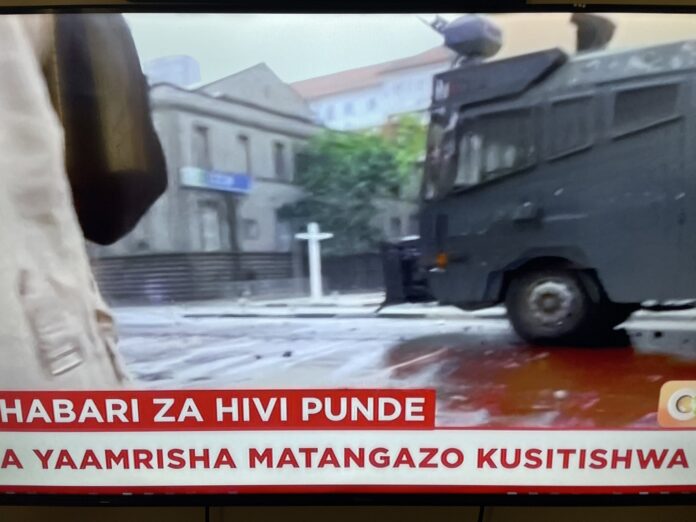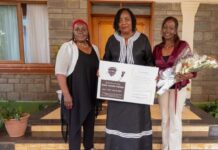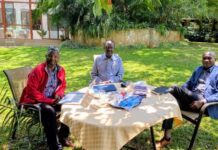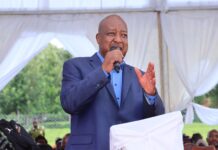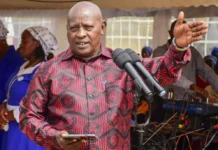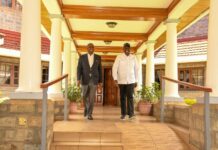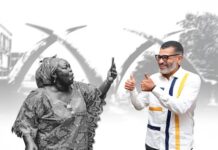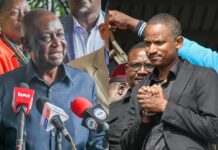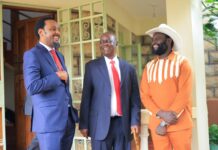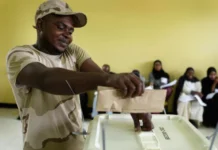A coalition of civil society organisations has strongly criticised a government directive to halt live coverage of nationwide protests, warning of grave consequences for freedom of expression, public safety, and democratic accountability.
The Law Society of Kenya (LSK), Police Reforms Working Group, and the Kenya Medical Association (KMA) released a joint statement on Wednesday condemning the Communications Authority of Kenya (CA) over its move to compel media houses to cease live broadcasts of ongoing demonstrations. The CA cited Article 33(2) of the Constitution, which prohibits incitement to violence and hate speech — a justification the groups have dismissed as legally unsound and “a dangerous step toward suppressing fundamental freedoms.”
The organisations argue that the directive contradicts a 2024 High Court ruling that explicitly barred the CA from interfering with media content, reaffirming that such regulatory authority belongs to the Media Council of Kenya.
“Live coverage of protests — even where violence may erupt — does not amount to incitement or war propaganda,” the statement read. “Rather, it ensures transparency, deters rights violations, and keeps the public informed.”
The blackout, they say, is already obstructing medical emergency responses and restricting access to life-saving information. Protesters, bystanders, and even police officers reportedly face delayed treatment due to communication disruptions.
In addition, the groups warn that a broader internet shutdown — reportedly under consideration — would breach existing conservatory court orders from a 2023 case brought by the Kenya Editors Guild. That ruling deemed such state interference unconstitutional and harmful to press freedom.
The coalition has given the CA until 4pm Wednesday to reverse the directive, threatening legal action against both the institution and its CEO.
As tensions rise, the groups have urged Kenyans to remain calm and consider using VPN services to maintain access to information.









